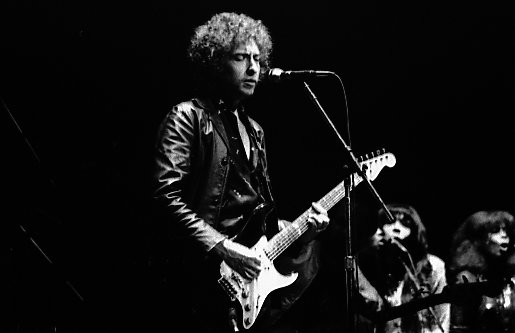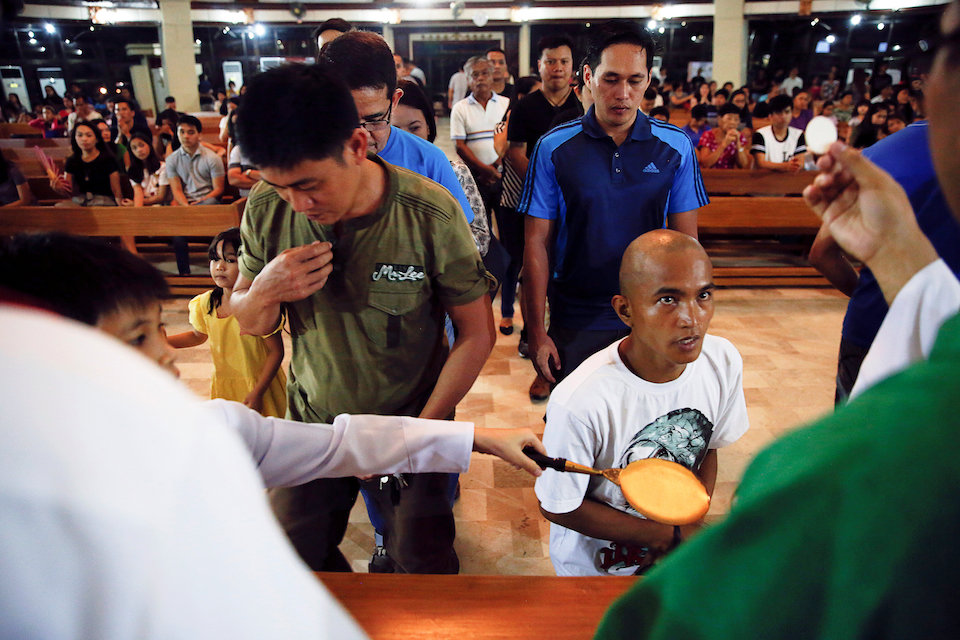
F&O’s Fresh Sheet this week features:
Focus on Bob Dylan, who this week won the Nobel Prize for Literature:
His Bob-ness joins Yeats, Beckett, and Eliot, by Rod Mickleburgh
In the winter of 1990, I waited with a handful of reporters and photographers in a grand salon of the Palais-Royal in Paris for Bob Dylan. More than 25 years ahead of the Nobel Prize people, the French had decided that Dylan’s lyrical prowess was worthy of the country’s highest cultural honour, Commandeur dans l’ Ordre des Arts et des Lettres. T.S. Eliot was one of the first to receive the award in 1960. Borges followed in 1962. And now, following in the footsteps of Sean Connery (1987), it was Bob’s turn.
No, Bob Dylan isn’t the first lyricist to win the Nobel, by Alex Lubet
A Bengali literary giant who probably wrote even more songs preceded Dylan’s win by over a century. Rabindranath Tagore, a wildly talented Indian poet, painter and musician, took the Nobel Prize for Literature in 1913.
Are Bob Dylan’s songs “Literature?” by David McCooey
Dylan’s Nobel Prize shows up what the Swedish Academy has so far ignored in their award system: film, popular music, and the emerging forms of digital storytelling. Perhaps what this Nobel tells us more than anything is that “literature” or “poetry” are categories of our own making. To move beyond the page seems long overdue.
xxx
In Commentary:
Why Putin Fears a President Clinton, by Tom Regan Column
Why would Russian work so hard to elect Trump? There are several theories– but I believe the reason is Vladimir Putin is terrified of Clinton.
“Only White People,” the Little Girl Told my Son, by Topher Sanders Essay
I saw the messy birth of my son’s otherness … They were playing on one of those spinning things — you know, the one where kids learn about centrifugal force and as a bonus get crazy dizzy. They were having a blast. “Only white people,” said a little girl.
International Affairs columnist Jonathan Manthorpe is on the road this week. In case you missed it, his 2014 piece about Thailand’s succession is a must-read in light of Thursday’s death of King Bhumibol Adulyadej: Uneasy lies the head that wears Thailand’s Crown.
To our supporters, thank you. To newcomers, please know that reader-supported Facts and Opinions is employee-owned and ad-free. We exist only because readers like you pay at least 27 cents per story, each, on an honour system. Please contribute below, or find more payment options here.

In Dispatches:
Nations Agree on Binding Pact to Cut Greenhouse Gases, by Clement Uwiringiyimana
Nearly 200 nations agreed to a legally binding deal to cut back on greenhouse gases used in refrigerators and air conditioners, a major move against climate change.
Drug Killings Divide, Subdue, Philippines’ Powerful Church, by Clare Baldwin and Manolo Serapio Jr
Catholic priests from the Philippines Church, an institution that helped oust two of the country’s leaders in the past, say they are afraid and unsure how to speak out against the war on drugs unleashed by new President Rodrigo Duterte. More than a dozen clergymen in Asia’s biggest Catholic nation said they were uncertain how to take a stand against the thousands of killings in a war that has such overwhelming popular support. Challenging the president’s campaign could be fraught with danger, some said.
East Africans thwart illegal fishing, by Emma Bryce
Eight East African countries are waging war on illegal fishing — and sometimes winning.
~~~
Notebook:
The biggest, most important, most noteworthy news this week is in our dispatch listed above, Nations Agree on Binding Pact to Cut Greenhouse Gases. Nearly 200 nations agreed this week to cut a greenhouse gas. It’s a story that’s not sexy. It’s about an Issue rife with bureaucracy, procedure, negotiation. And it’s an example of the only answer we have for the rage and misery infesting the world. It shows that we humans actually can tackle our problems, even the global-sized ones.
From elsewhere on the ‘net:

If this is not a case of “terrorism” I don’t know what is. Three men in an American group called the “Crusaders” were arrested and charged in a FBI sting Friday, for allegedly plotting to blow up a Kansas mosque and apartment building, housing people from Somali. Read the BBC report here. Like the 1995 Oklahoma city bombing by Timothy McVeigh with co-conspirators, it’s a reminder that terror comes in all skin colours, with fanaticism one common factor.
~~~
October 16 is World Food Day. The focus, set by the United Nations, is on smallholder farmers in the poor countries most affected by climate change. And in the meantime, the U.S. Agriculture Department said American producers have dumped 43 million tons of excess milk so far this year. The WSJ report is here.
~~~
Opposition by one region of Belgium may have scuppered CETA, the Canada and European Union (EU) Comprehensive Economic and Trade Agreement, which proponents hoped to sign this fall. Find the AP report on CBC, here.
~~~
US First Lady Michelle Obama gave a speech this week that will resonate throughout history. Watch below — the first six minutes are marred by technical problems — or read the full text on NPR.
A contagion of clowns struck long before Halloween loomed, marauding everywhere, garishly populating all news and social media feeds. I have not seen one decent explanation of why this is happening now — best guess is that clowns and our fears represent our crazed state of politics, economics and environmental security. This piece on The Conversation by psychologist Frank McAndrew explains that many of us dislike clowns because we can’t read them, and are unsure how to react.
~~~
A Wall Street Journal feature, Blue Feed, Red Feed, aims to pull the tarps off our silos, and reveal the partisan and polarized compartments that trap us in polarization on social media. “Facebook’s role in providing Americans with political news has never been stronger—or more controversial,” notes the report. ” Scholars worry that the social network can create “echo chambers,” where users see posts only from like-minded friends and media sources.” To demonstrate these the WSJ built an interactive feature.
~~~
Two pieces in the Guardian are especially provocative. Asks Washington writer David Smith: How did WikiLeaks go from darling of the liberal left and scourge of American imperialism to apparent tool of Donald Trump’s divisive, incendiary presidential campaign? And Sarah Smarsh takes aim at journalism’s blind spots in a piece titled, Dangerous idiots: how the liberal media elite failed working-class Americans.
~~~
Last but not least, F&O columnist Jim McNiven recommends US election watchers catch this 1980 video of Billy Joel, You May Be Right. “BJ predicted Trump and the Trumpites years ago,” notes McNiven.
~~~
Facts and Opinions is a boutique journal of reporting and analysis in words and images, without borders. Independent, non-partisan and employee-owned, F&O is funded by our readers. It is ad-free and spam-free, and does not solicit donations from partisan organizations. To continue we require a minimum payment of .27 for one story, or a sustaining donation. Details here; donate below. Thanks for your interest and support.

